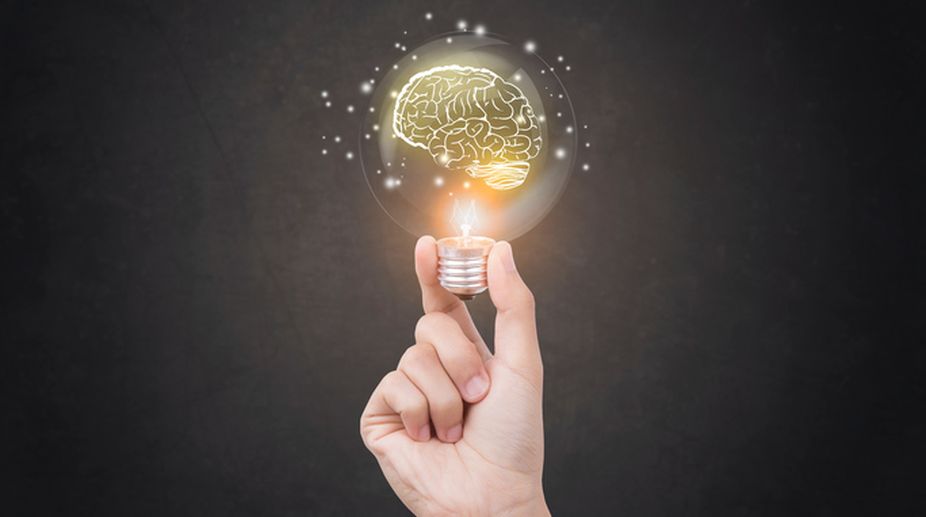Nourish your brain with these foods
Elevate cognitive health with our essential brain foods guide. Discover the power of omega-3, whole grains, nuts, and more.

Representational image (Photo: Getty Images)
Humans have hundreds of mental abilities and the broad term used to describe them is intelligence. Common intelligence is the power to acquire knowledge using memory and performing actions, but it lacks in ability to explain overall outcomes. There are other sorts of Intelligence to act emotionally and socially. Emotional intelligence is the richness of our qualitative life to perceive, analyse and regulate emotions — they truly make us what we are. On the other hand, social intelligence relates to compatibility on social interactions.
Therefore, whether the so-called intelligent quotient defines one’s intensity of intelligence is debatable. IQ is considered as the mental ability of one in comparison with the mental abilities of others in the same age group. But mere IQ cannot define a person completely in all respects. A person needs EI to realise, analyse and manage one’s emotions. In fact, a combination of EI and SI account for the intelligence of a human.
To calculate the IQ of a person, a simple unitary method based on ratio is not applicable but a statistical procedure is followed with a chosen standard deviation and the mean being 100. An IQ of 100 means that 50 per cent of the population has a lower IQ while 50 per cent have a higher IQ with respect to that person.
Advertisement
A normal, average child has an IQ of 100 with 99.5 per cent of world population having an IQ between 60 and 140. Only one per cent people in the world can boast an IQ of more than 135 — Albert Einstein’s IQ is said to have been 160! That said malnutrition lowers IQ levels, especially the deficiency of iodine in children. Therefore, IQ levels in third world countries could be raised with proper nutrition and eradication of diseases. Data also shows that people with a higher IQ generally have lower adult morbidity and mortality — researchers calculated that a 15 per cent lower IQ accounts for a one-fifth less chance live 76 years.
But let’s turn our gaze to emotional intelligence. It has four distinct categories,
Tests on EQ reveal the intensity of mental disorder and are used to diagnose autism spectrum, schizophrenia, and other mental blockages and complications. Autistic children show evidences of very high IQ levels with precise perception and keen observation but they are devoid of EI and totally incapable to exhibit normal human behaviour.
EQ can be raised by practicing meditation and SQ can be increased with more study on social interactions. But there is no way to increase one’s IQ level — high IQ is only responsible for academic success.
Though IQ helps a person only for four per cent time during one’s life, EQ and SQ are more helpful to shine in a particular career. Yet a minimum IQ level of 100 is mandatory for success. In fact, perfect combination of IQ, EQ and SQ can make a person reach the peak of excellence.
The writer is a former lecturer in applied Mathematics, Maharajadhiraj Uday Chand Women’s College, Burdwan
Advertisement